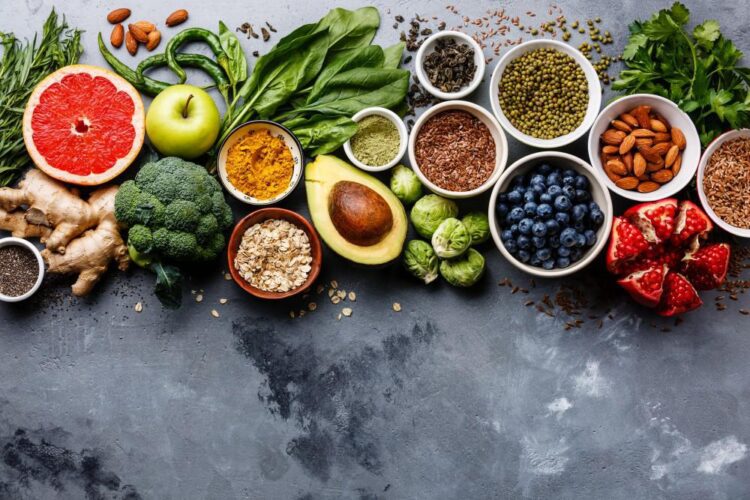You probably already know that salmon and leafy greens are great for your heart, but did you know there are other healthy heart foods you can eat? These include oats, nuts, and salmon. But do you know what other heart-healthy foods you should include in your meal plan? Keep reading to learn more! Listed below are the top 10 heart-healthy foods you should include in your daily meal plan.
Salmon
If you’re a heart patient, incorporating salmon into your meal plan may help prevent cardiovascular disease. Fish, like salmon, contains heart-healthy omega-3 fatty acids that reduce inflammation and improve blood pressure. The American Heart Association recommends two servings of omega-3-rich fish every week. These fish have a lower calorie and saturated fat content than red meat, making them a healthier option for people trying to lose weight.
Oats
Oats are a great heart healthy food. You can incorporate oatmeal into your meal plan as part of your breakfast, as a side dish or as a snack in the afternoon. In addition to this, you can also add fresh fruit to your oatmeal for breakfast. And because oatmeal contains heart-healthy fiber, it will keep you feeling full for hours. Besides that, it can also fight snack attacks and stabilize your blood sugar levels. Additionally, oats contain dietary fiber, which can help lower your cholesterol levels. You can also choose slow-cooked steel cut oats for the best results.
Nuts
Although they may not sound like heart healthy food, nuts can help reduce cholesterol levels. They contain plant sterols, which are commonly added to margarine and orange juice. But they are naturally present in nuts, and are known to lower cholesterol levels in the body. And the antioxidants in nuts can help lower blood pressure. These benefits are hard to ignore. So, what makes nuts heart-healthy food for your meal plan?
Leafy greens
One important part of a heart healthy meal plan is leafy greens. They’re full of vitamins, fiber, and minerals that promote healthy blood pressure levels, strong bones, and a regular digestive system. Some research also links eating leafy greens with lower risk of heart disease. In addition to their heart-healthy properties, leafy greens can also lower your risk of obesity and high blood pressure.
Beans
Compared to other plant foods, beans are packed with protein. Just one cup of beans provides a quarter of your daily protein requirement. They also contain heart-healthy B vitamins, iron, and calcium. In addition to their heart-healthy properties, beans are nature’s scrub brush, with 15 grams of fiber per cup. Fiber helps lower cholesterol levels by soaking it up in the intestines.
Seeds
You may not realize it, but seeds are among the most nutritious foods on the planet. Unlike vegetables, they contain all the ingredients needed to grow complex plants. They are also high in fiber, heart-healthy fats, and important vitamins and minerals. These foods may help lower your blood sugar, cholesterol, and blood pressure. In particular, seeds are loaded with omega-3 fats, which have been linked to lower blood cholesterol and lower the risk of coronary heart disease.
Oat bran
Oat bran is a heart healthy ingredient in cereals, baked goods, and oatmeal. It contains beta-glucan, a soluble fiber that regulates blood sugar levels and boosts the immune system. Just five to ten grams of oat bran a day may help reduce total and LDL cholesterol. In addition, this ingredient contains vitamin E, which protects the heart.
Swiss chard
In addition to being rich in fiber, Swiss chard is a good source of vitamin K, which can protect your heart and lower your risk of several cardiovascular diseases. This vegetable also contains carotenoids, apigenin, quercetin, and betalains, which are known to protect your cells from free radicals and oxidative damage. Among other benefits, Swiss chard can prevent osteoporosis and iron deficiency anemia, which are all linked to cardiovascular disease. It is also believed to prevent colon cancer and cardiovascular diseases.







